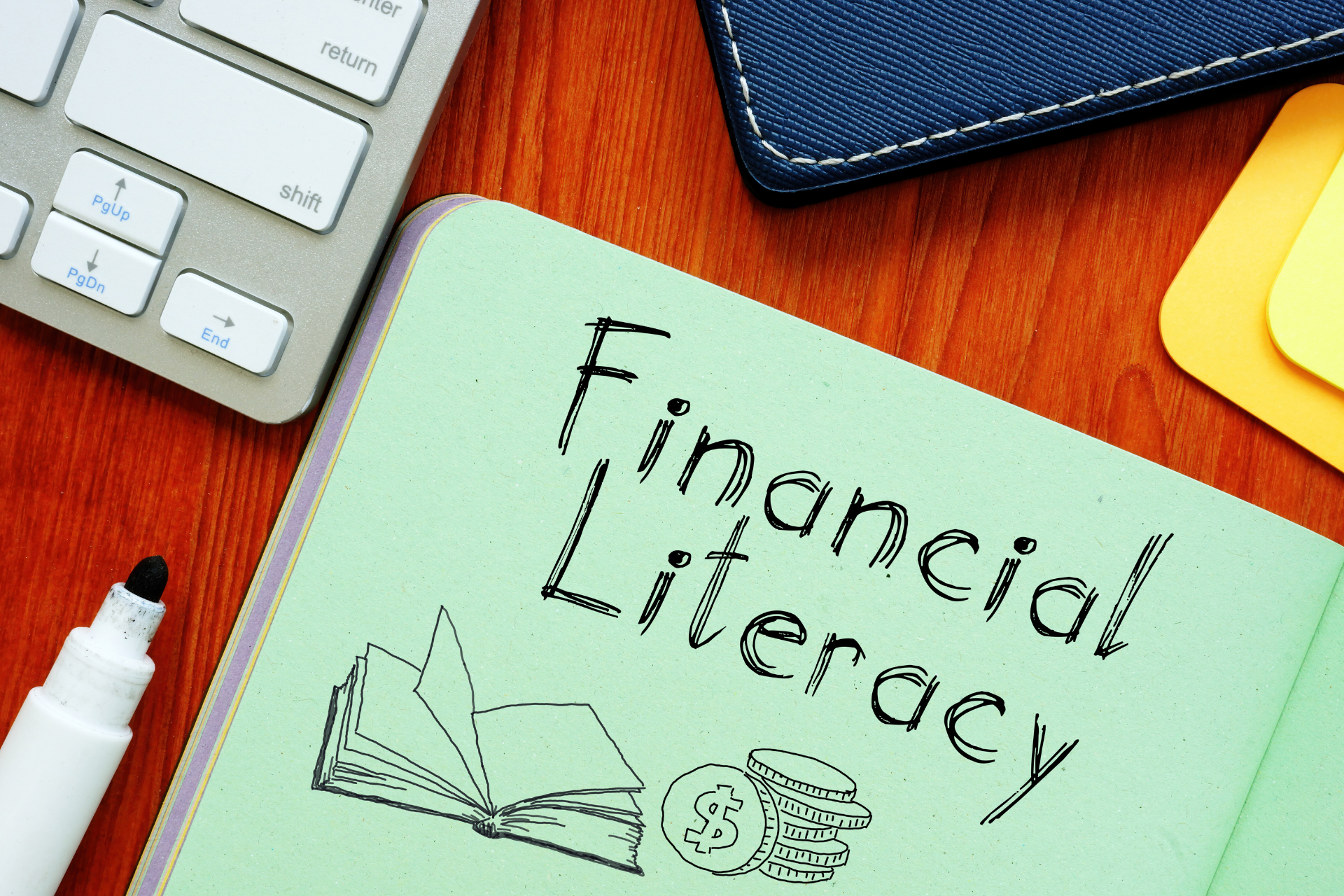Here in the U.S., our personal information is exposed daily at frequencies and levels we’ve not experienced before. It doesn’t take a data breach from a technology company to expose us, we are doing it to ourselves without being aware. Each time we use technology (Facebook, Instagram, online exposure) our personal information is gathered by companies and used to market to us or sold to other interested parties for the same purpose.
Earlier this year the State of California passed legislation to limit what technology companies gather from internet users, but only when they have the user’s consent. Although this has more to do with online activities such as social media, shopping or opting in to receive something ‘free,’ people need to realize their exposure to risk when they participate online.
Europe has personal privacy data laws it strictly enforces, but the U.S. currently doesn’t have federal laws to protect an individual’s personal information from being exposed by their own internet activity. What can you do to protect yourself both online and offline?
- Don’t provide information about yourself on your social media profiles. This includes contact information, your birth date, where you went to school, or who your relatives and children are, for example. Keep your profiles secured and not public. The only way to eliminate your social media profile information from being compromised is to not have a profile or participate in social media.
- Don’t provide information for ‘free downloads’ from websites, unless you know or do business with the company asking you to provide your information. The information they request is usually your email address for delivery of the free information.
- Routinely change your online passwords and keep them in a secure place (if you write them down). Eliminate online security issues by typing website addresses into your browser each time and don’t use the same password for multiple accounts.
- Destroy your personal documents yourself or have a business destroy the documents in front of you. If you leave your documents in the hands of someone else, you have no guarantee your information won’t be shared.
- Keep your financial information in one place, preferably locked up and secured. Keep only year-end information, original policies and contracts along with updates. Keeping a ‘paper trail’ exposes your information and isn’t necessary since financial companies you do business with can provide you with the information you may need.
We don’t always think about protecting our personal identifying information or our important documents until something happens. One of our greatest losses can be prevented by thinking through how we can protect our personal information. Everything from life insurance policies, birth certificates, social security cards, passports, home and car titles, and even photos should be protected in addition to what is virtually available about us on the internet.





